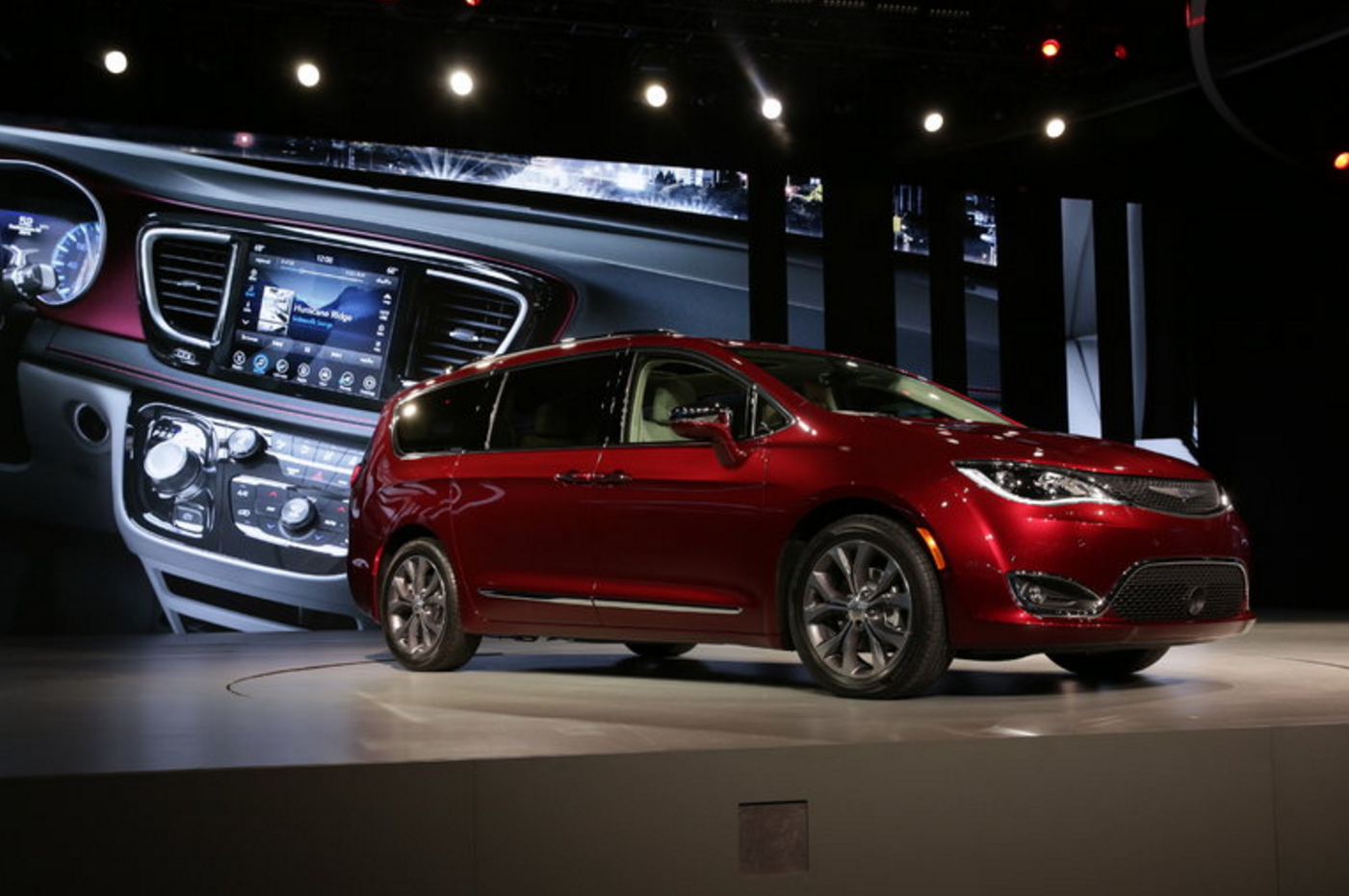Partnering up
The major trend in developing self-driving technology is partnership. General Motors recently invested $500 million in the ride service Lyft, and they recently acquired 3 year old self-driving startup Cruise Automation. Moreover, Google, along with Ford, Volvo, Uber, and Lyft, recently formed a lobbying coalition for self-driving cars.
In short, anybody who wants to get far in the automation game will have to partner up.
Which is why Fiat Chrysler Automobiles (FCA) just set up plans with Google to develop self-driving prototypes based on the carmaker’s Pacifica minivan, marking the first time the tech company has worked directly with an automaker to create its autonomous vehicles.
"We’re planning to more than double our fleet with the initial addition of about 100 new 2017 Chrysler Pacifica Hybrid minivans, and we hope the first few will be on the road by the end of this year" Google's Self-Driving Project's blog notes.
FCA will be designing the minivans, with the goal of easy installation of Google's self-driving systems, including the computer hardware and the sensors. The minivan design also gives an opportunity to test a larger vehicle that could be easier for passengers to enter and exit, particularly with features like hands-free sliding doors.
First times
This is Google’s first collaboration with a major automaker since the technology giant began developing self-driving cars on its own in 2014. Since Fiat has no in-house automated driving initiatives, there are no major turf issues. This is in contrast to other major automakers, like GM or Toyota, who have been developing their own self-driving cars.
The relationship isn't exclusive, as can be evidenced from comments by John Krafcik — CEO of the self-driving car project, to USA Today. "we’re excited FCA will be the first we integrate with, we will be working with many different partners going forward."
Share This Article
